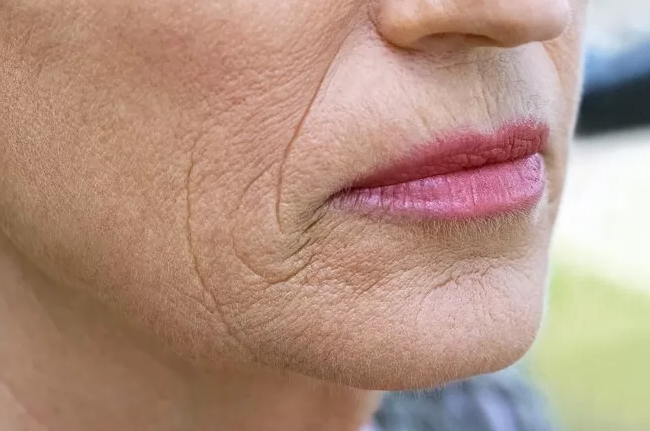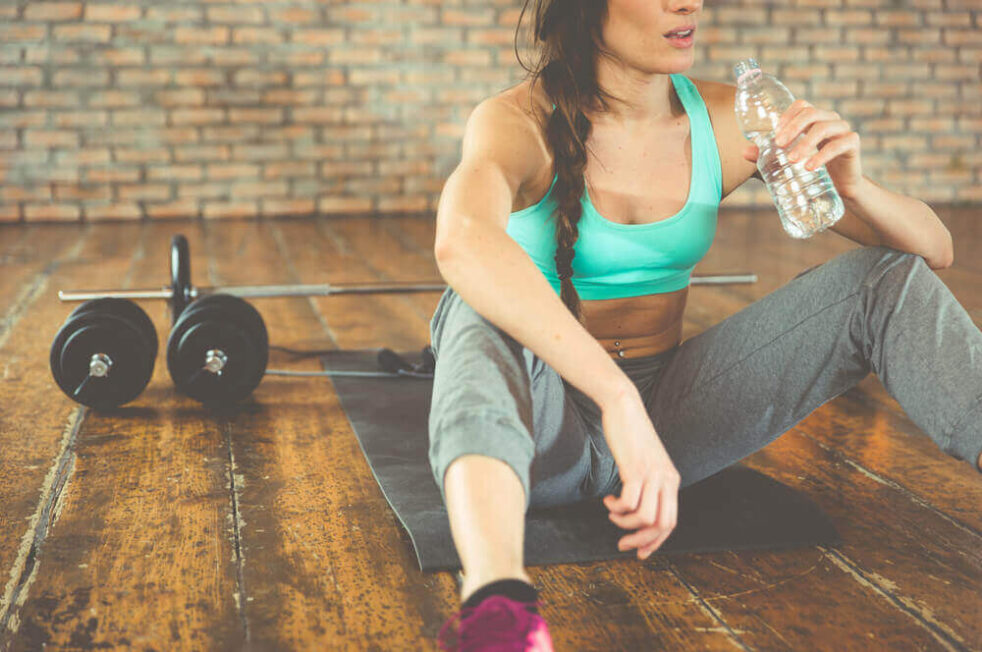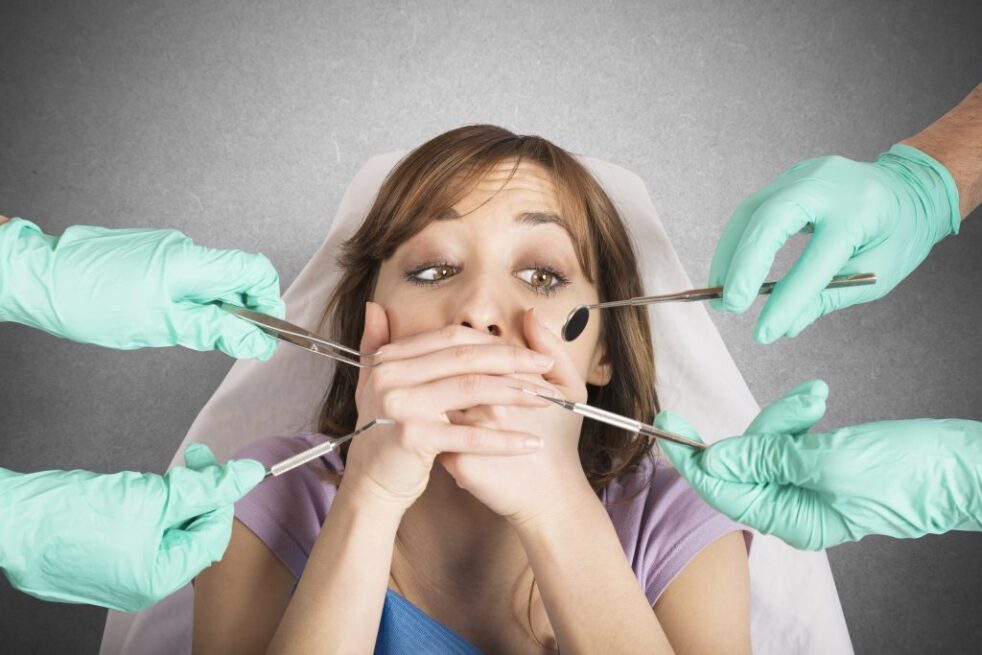3 ways to reduce the signs of ageing
As we get older we all worry about what we will look like as we age. We all strive to appear youthful even if we are a bit long in the tooth. Staying young-looking is partly genetic so sort of beyond our control, but there are a few things that virtually anyone can do in order to stay looking younger. The main things you need to do are:
- Look after your skin
- Eat a healthy diet
- Get plenty of sleep
Look after your skin
As we age, it’s natural for our skin to lose some of its elasticity and firmness, leading to wrinkles and other signs of aging. However, there are many ways to keep your skin looking youthful and prevent the signs of aging. Here are some tips on how to take care of your skin and prevent the signs of aging.
- Moisturise daily: Keeping your skin hydrated is essential for maintaining its elasticity and preventing wrinkles. Use a daily moisturiser that is appropriate for your skin type, and apply it after cleansing your face in the morning and at night.
- Wear suntan lotion: UV rays from the sun can cause damage to the skin, leading to age spots, wrinkles, and even skin cancer. Use a suntan lotion with at least SPF 30 and reapply it every 2 hours when you are outside.
- Avoid harsh chemicals: Many skin care products contain harsh chemicals that can strip the skin of its natural oils and cause irritation. Avoid using products that contain alcohol, sodium lauryl sulfate, and parabens.
- Exfoliate gently: Exfoliating the skin can help remove dead skin cells and reveal a brighter, smoother complexion. However, excessive exfoliation can cause irritation, so it’s important to use gentle exfoliants and to exfoliate no more than twice a week.
- Avoid smoking and excessive alcohol consumption: Smoking and excessive alcohol consumption can cause damage to the skin and accelerate the signs of aging.
By following these tips, you can help keep your skin looking youthful and prevent the signs of aging. Remember to be consistent with your skin care routine, and don’t hesitate to consult with a dermatologist if you have any concerns about your skin.
Eat a healthy diet
A healthy diet is essential for maintaining overall health and preventing the signs of aging. The foods we eat can provide our bodies with the necessary nutrients to support healthy skin and protect it from damage caused by free radicals. Here are some tips on how to incorporate anti-aging foods into your diet.
- Antioxidants: Foods high in antioxidants, such as berries, leafy greens, and nuts, can help protect the skin from damage caused by free radicals, which can lead to wrinkles and other signs of aging. These foods also help to reduce inflammation in the body, which can further contribute to aging.
- Omega-3 fatty acids: Found in fatty fish, nuts and seeds, omega-3s can help reduce inflammation in the body and support the health of the skin. These essential fatty acids can also help to improve the skin’s moisture barrier, which can lead to a more youthful appearance.
- Vitamin C: This vitamin is important for collagen production, which helps keep the skin firm and elastic. Vitamin C can be found in citrus fruits, kiwi, papaya, and bell peppers, among others. Eating foods high in vitamin C can help to keep the skin looking youthful and reduce the appearance of wrinkles.
- Vitamin E: This vitamin can help protect the skin from sun damage, and can be found in nuts, seeds, and avocado.
- Hydration: Drinking enough water is important for keeping the skin hydrated and healthy. Aim for at least 8 glasses of water per day to keep your skin looking youthful and plump.
- Avoid processed food and sugar: Processed foods and foods high in sugar can lead to inflammation in the body and accelerate the aging process. Eating a diet that is low in processed foods and high in fruits, vegetables, and whole grains can help to maintain a healthy weight and reduce the risk of chronic diseases.
By incorporating these anti-aging foods into your diet, you can help to protect your skin from damage and keep it looking youthful. Remember to also maintain a healthy lifestyle, including regular exercise and adequate sleep, in order to maximise the benefits of a healthy diet. Consult with a dietitian or a nutritionist if you have any concerns about your diet.
Get plenty of sleep
Getting plenty of sleep is essential for maintaining overall health and preventing the signs of aging. During sleep, the body produces collagen, a protein that helps keep the skin firm and elastic. Adequate sleep also allows the body to repair and rejuvenate itself, which can help to keep the skin looking youthful. Here are some tips on how to get plenty of sleep and prevent the signs of aging,
- Establish a regular sleep schedule: Try to go to bed and wake up at the same time every day, even on weekends. This will help to regulate your body’s internal clock and make it easier to fall asleep and stay asleep.
- Create a sleep-conducive environment: Keep your bedroom dark, quiet, and cool. Use comfortable bedding and pillows to ensure that you are comfortable while sleeping.
- Avoid screens before bedtime: The blue light emitted by smartphones, tablets, and computers can suppress melatonin production and make it harder to fall asleep. Try to avoid screens for at least an hour before you go to bed.
- Practice relaxation techniques: Deep breathing exercises, meditation, and yoga can help to relax the mind and body, making it easier to fall asleep.
- Limit caffeine and alcohol: Caffeine and alcohol can interfere with your ability to fall asleep, so try to avoid consuming these substances close to bedtime.
- Exercise regularly: Regular physical activity can help to improve the quality of your sleep, but try to avoid vigorous exercise close to bedtime.
- Consult with your doctor: If you are experiencing difficulty falling asleep or staying asleep, consult with your doctor to rule out any underlying medical conditions that may be contributing to your insomnia.
By getting plenty of sleep, you can help to keep your skin looking youthful and reduce the appearance of wrinkles. Remember that sleep is just as important as diet and exercise for maintaining overall health and preventing the signs of aging. Consult with a doctor if you have any concerns about your sleep.


